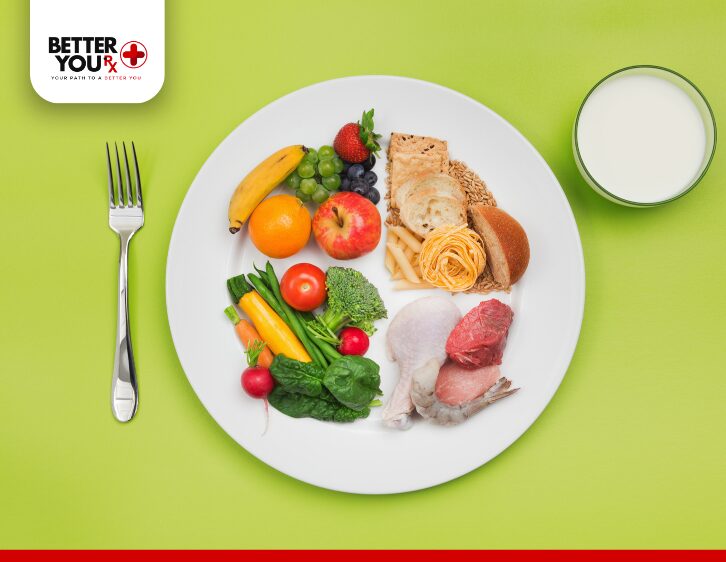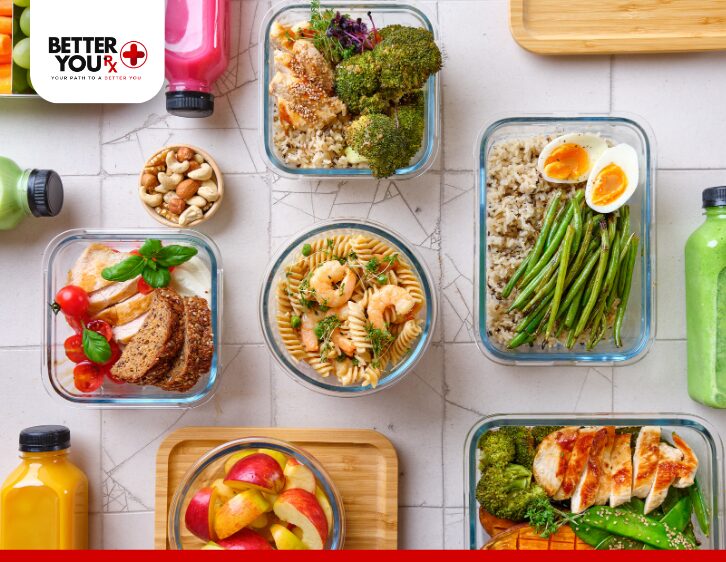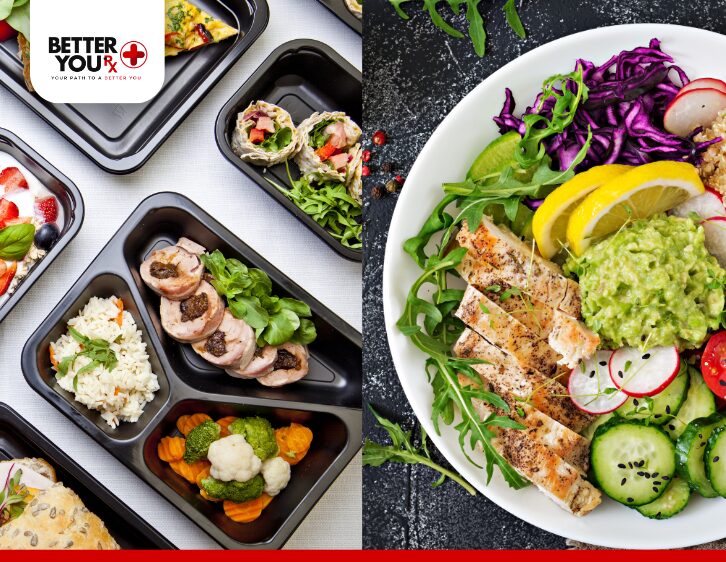Managing diabetes starts with a well-structured meal plan tailored to your health needs and personal preferences. A diabetes-friendly meal plan can help regulate blood sugar levels, maintain a healthy weight, and reduce the risk of complications. With the right combination of foods, portion control, and balanced nutrients, you can enjoy meals that support your condition while satisfying your taste buds.
This article provides a step-by-step guide to creating a meal plan that works for you, whether you are newly diagnosed or looking to refine your eating habits.
The Basics of a Diabetes-Friendly Diet

A diabetes-friendly diet aims to keep blood sugar levels steady by focusing on balanced nutrition:
- Complex Carbohydrates: Choose whole grains, legumes, vegetables, and fruits over refined carbohydrates. These provide steady energy and are high in fiber, which helps slow down the absorption of sugar.
- Healthy Proteins: Lean meats, fish, eggs, tofu, nuts, and seeds are excellent protein sources that help stabilize blood sugar levels.
- Good Fats: Include healthy fats such as those found in avocados, olive oil, fatty fish, and nuts to support heart health.
- Low-Sugar Options: Reduce intake of added sugars and opt for natural sweetness from fruits or alternatives like stevia.
- Portion Control: Eating the right portions is key to avoiding blood sugar spikes.
Steps to Create a Diabetes-Friendly Meal Plan

1. Understand Your Nutritional Needs
Your daily caloric and nutrient requirements depend on factors such as age, activity level, weight, and the type of diabetes you have. Consult a healthcare provider or dietitian to determine your specific needs.
2. Adopt the Plate Method
The plate method is a simple way to balance meals visually:
- Fill half of your plate with non-starchy vegetables (e.g., broccoli, spinach, peppers).
- Allocate one-quarter for lean protein (e.g., grilled chicken, fish, tofu).
- Use the remaining quarter for complex carbohydrates (e.g., brown rice, quinoa, or sweet potatoes).
3. Plan Meals Around Low Glycemic Index Foods
The glycemic index (GI) ranks foods based on how quickly they raise blood glucose levels. Focus on low-GI foods like oats, lentils, and leafy greens, which release glucose gradually.
4. Incorporate Balanced Snacks
For snacks between meals, choose options that pair protein with healthy fats to help maintain stable blood sugar. Examples include Greek yogurt with nuts, apple slices with peanut butter, or a handful of almonds.
5. Choose Smart Beverage Options
Skip sugary beverages and choose water, unsweetened tea, or sparkling water instead. If you prefer flavor, add slices of citrus fruits or cucumbers for a refreshing twist.
6. Batch Prep and Cook at Home
 Diabetes
Diabetes
Cooking at home gives you full control over ingredients, portions, and how your food is prepared. Batch cooking healthy dishes can save time and reduce reliance on processed or fast foods.
Sample Diabetes-Friendly Meal Plan
Here’s a sample daily meal plan for inspiration:
- Breakfast: Scrambled eggs with spinach and a slice of whole-grain toast; black coffee or unsweetened tea.
- Snack: A small handful of mixed nuts.
- Lunch idea: A fresh grilled chicken salad with mixed greens, cucumbers, cherry tomatoes, and a light olive oil dressing, served alongside a small portion of quinoa.
- Snack: Low-fat Greek yogurt with a few blueberries.
- Dinner: Baked salmon with roasted asparagus and a small serving of mashed sweet potatoes.
- Dessert: A piece of dark chocolate (70% or higher).
Tips for Meal Planning Success
- Keep a Food Diary: Tracking meals helps identify foods that work well for your blood sugar levels and those to avoid.
- Incorporate Variety: Rotate recipes and ingredients to avoid monotony and ensure a diverse intake of nutrients.
- Use Portion Control Tools: Measuring cups, a kitchen scale, or visual cues (like the plate method) can help maintain proper portions.
- Prepare for Eating Out: When dining out, look at menus in advance and choose options that align with your meal plan.
- Stay Consistent with Timing: Eating meals at regular intervals can help maintain stable blood sugar levels.
Foods to Embrace and Avoid
Foods to Embrace:
- Leafy greens (spinach, kale)
- Lean proteins (chicken, turkey, fish)
- High-fiber foods (lentils, quinoa)
- Healthy fats (avocado, olive oil)
- Low-GI fruits (berries, apples, pears)
Foods to Limit:
- Sugary snacks and beverages
- Refined carbs (white bread, pasta)
- Fried and high-fat processed foods
- High-sodium canned foods
Addressing Common Concerns
What if I crave sweets?
Satisfy your sweet tooth with naturally sweet options like fruits or small portions of dark chocolate. Consider sugar-free desserts made with stevia or monk fruit.
Is it okay to eat carbs?
Yes, carbohydrates are essential for energy. Focus on complex carbs that are high in fiber and low on the glycemic index.
How do I plan for special occasions?
Plan ahead by eating lighter meals earlier in the day and practicing portion control at the event. Opt for healthier options available and enjoy small indulgences mindfully.
Final Thoughts
Creating a diabetes-friendly meal plan doesn’t mean giving up enjoyable foods; it’s about making smarter, balanced choices. With thoughtful planning, portion control, and a focus on nutrient-dense options, you can manage your blood sugar effectively while enjoying delicious meals.
Consistency is key—experiment with different recipes and find what works best for you. Over time, a diabetes-friendly meal plan will become second nature, helping you maintain optimal health and energy levels.



